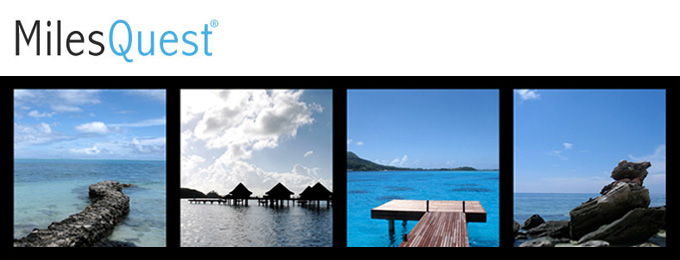Traditionally, applying for a line of credit involved showing up in person to a bank or credit union and having an interview. Today, we’re inundated with online credit card offers touting enhanced sign up bonuses and extra perks. As a safeguard, the banks often will ask you security questions in order to verify that the person applying is who they say they are. These questions can involve former address, cities, amount of mortgage payment amongst others.
What happens., however, if the information they have on file for you is wrong?
There is a free way to get the information (answers) that banks often use as a basis for their questions.
LexisNexis has a product called Accurint Public Record. They market it as “Find out why more than 400,000 public and private organizations of all sizes rely on powerful, industry leading LexisNexis Accurint® to support their business goals.”
LexisNexis collects information about you and then packages that information to business including banks. Where do they get this information from?
From their website:
What types of information are included in the Accurint Comprehensive Report?
An Accurint Comprehensive Report includes public record, non-public information and publicly available information. View a sample person report.Public records are those records created and maintained by government agencies and that are open for public inspection. This includes information such as real estate title records, liens, death records, and motor vehicle registrations.
Non-public information is information about an individual obtained from a source that is privately owned and that is not available to the general public. Non-public information may include the following data elements: current and previous addresses; Social Security Number; previous names used, such as alias names, maiden names or previous married names; birth date information; and/or telephone numbers.
Publicly available information is information about an individual that is available to the general public from non-governmental sources such as newspapers, magazine articles and telephone directories.
You can request a free copy of the information that they have on file.
1. Call up LexisNexis’s Risk View Department at 888-497-9172 during normal business hours which normally are Monday-Friday from 9:00-5:00 Eastern Standard Time.
2. Ask them for a copy of your Accurint report. They will verify your identity by asking things like name, date of birth, and social security number. Once you receive this report, you can keep it handy in order to answer questions posed online.
3. You can also ask for a free copy of your FCRA (Fair Credit Reporting Act) report.
I had to wait about 20 minutes on the phone before I was able to speak to a representative. The report came in about 7 business days. I received my Accurint report and the information in it was all accurate. It even included a really old email address associated with Netscape.
What can you do if the information in the Accurint report is wrong?
There really isn’t anything you can do if the information is wrong. Lexis Nexis’s position is that this report isn’t a consumer report and therefore is not subject to the Fair Credit Reporting Act. However, by requestion a copy of the report at least you’ll have the answers.
What can you do if the information in the FCRA report is wrong?
The information in this report can be disputed as this is subject to FCRA guidelines.
So if you’ve been striking out with online security questions when applying for credit cards, now you can know what information they’re pulling the questions from which will hopefully make your ability to jump on new credit card promotion easier.
HT To Slickdeals


Great info, thanks!